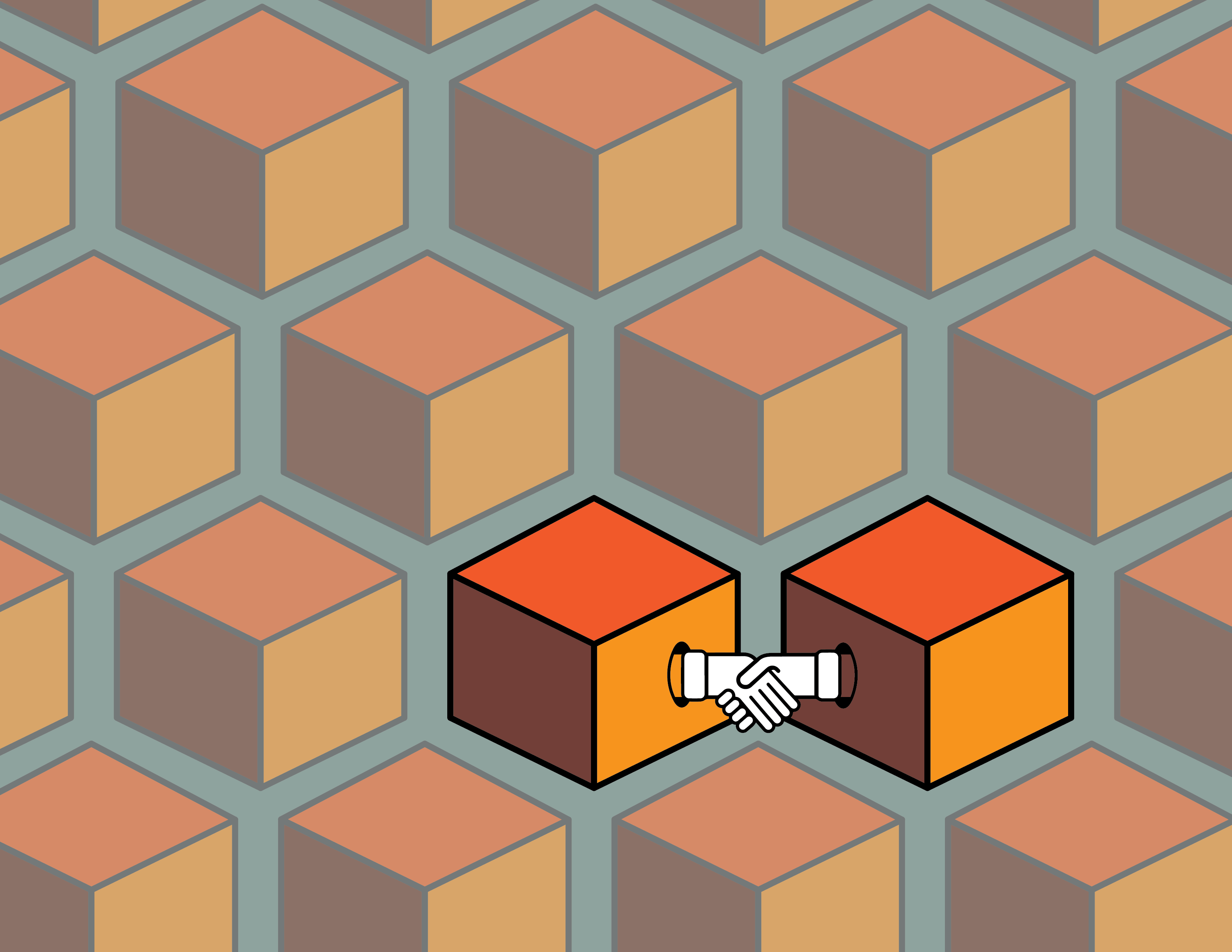States that are passing laws to govern “smart contracts” have no idea what they’re doing

Like it or not, we seem to be stuck with the term “smart contract.” The technology, which can be used to automate transactions on a blockchain, is still so new that no one really agrees on its definition. Nevertheless, several states in the US are moving quickly to codify it into their laws—which, given where things stand, might not be so smart.
This piece first appeared in our new twice-weekly newsletter Chain Letter, which covers the world of blockchain and cryptocurrencies. Sign up here—it’s free!
The trend: Earlier this month, Tennessee became the second state to go out of its way to legally recognize smart contracts (PDF); Arizona passed similar legislation last year. In both cases, lawmakers amended existing statutes governing the use of electronic forms and signatures to explicitly include the terms “blockchain” (in Arizona’s case), “distributed ledger” (Tennessee’s choice), and “smart contract.” Several other states have considered similar changes.
Why states suddenly <3 crypto: The bills seem to be little more than pro-crypto posturing meant to attract investment and entrepreneurs. Tennessee’s new law, for example, states that a legal contract can’t be invalidated just because it is “executed through a smart contract.” But such clarification is not needed, according to Perianne Boring and Amy Kim at the Chamber of Digital Commerce, a blockchain trade association in Washington, DC. Existing federal and state laws already provide an “unquestionable legal basis” for this, they argue.
The dreaded “patchwork”: But those laws also provide uniformity, whereas Tennessee’s smart-contract law is not even identical to Arizona’s. If enough states create differing versions, “it’s just going to be chaos,” says Peter Van Valkenburgh, director of research at Coin Center, a policy think tank that advocates for blockchain technologies.
False certainty: New laws are likely to add confusion and unnecessary complexity and cost, says Andrew Hinkes, a lawyer and adjunct professor at New York University’s Stern School of Business. That could hamper technological development. “Laws should not attempt to define technologies that do not have a widely held definition in their relevant technical communities,” says Hinkes.
Dumb computer code: “Smart contract” is also a misnomer from a legal perspective—it doesn’t necessarily have anything to do with a legal contract. A smart contract is simply an “if-then” statement that runs on a blockchain. While it’s possible to automate some actions that parties must take under an actual legal contract, like payment obligations that kick in on a certain date, a real contract is “a much more multi-faceted instrument,” says Angela Walch, an associate professor at St. Mary’s School of Law in Texas. For instance, it may include a standard of behavior, like “reasonable” or “in good faith,” that can’t be encoded in software.
Tennessee’s new law isn’t even clear on what it means by words like “contract” and “executed.” As Walch notes, they mean different things depending on how they are used, sometimes referring to computer programs and other times referring to legal contracts. The bill also relies on other, still-poorly-defined terms to describe blockchain technology and smart contracts, including “event-driven,” “permissionless,” and “decentralized.” It’s “a recipe for confusion down the road,” she says.
Keep Reading
Most Popular
Large language models can do jaw-dropping things. But nobody knows exactly why.
And that's a problem. Figuring it out is one of the biggest scientific puzzles of our time and a crucial step towards controlling more powerful future models.
The problem with plug-in hybrids? Their drivers.
Plug-in hybrids are often sold as a transition to EVs, but new data from Europe shows we’re still underestimating the emissions they produce.
Google DeepMind’s new generative model makes Super Mario–like games from scratch
Genie learns how to control games by watching hours and hours of video. It could help train next-gen robots too.
How scientists traced a mysterious covid case back to six toilets
When wastewater surveillance turns into a hunt for a single infected individual, the ethics get tricky.
Stay connected
Get the latest updates from
MIT Technology Review
Discover special offers, top stories, upcoming events, and more.